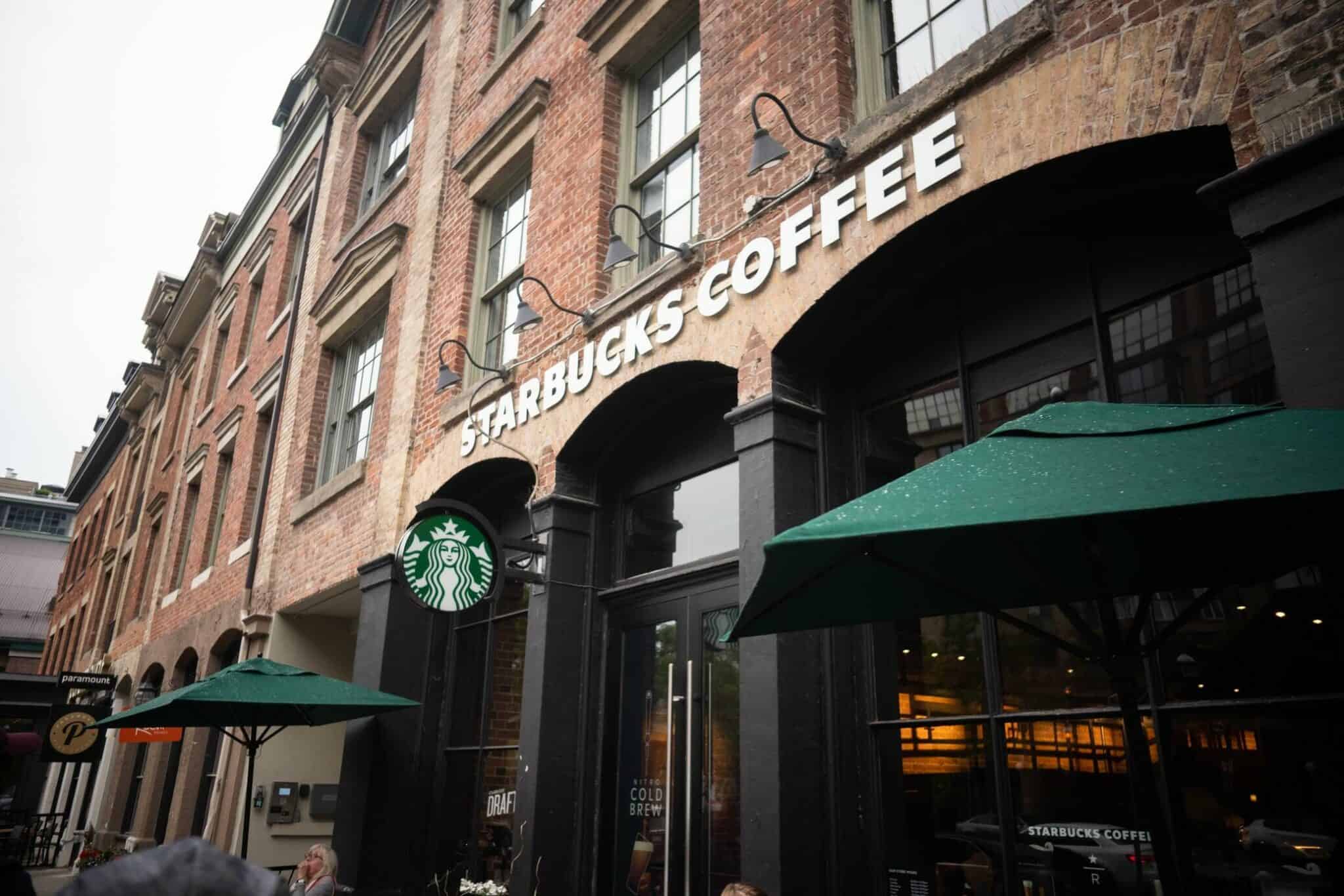Nikita Rumsey is a student at Harvard Law School.
As Bloomberg reported, the House of Representatives cleared the way for congressional staffers to unionize as lawmakers approved the resolution (H. Res. 1096) to confirm the right of staffers to unionize. Technically, the lawmakers did not vote directly on the resolution but rather voted on a larger package of rules guiding floor debate for other legislation, which deemed H. Res. 1096 approved upon adoption of the larger package. The Congressional Workers Union, an organization of anonymous staffers that began a formal organizing campaign in February after over a year of base building, celebrated this crucial step toward victory.
As Bloomberg noted, now staffers and lawmakers must begin to work out the mechanics of what the bargaining units will look like and which workers can unionize—the Office of Congressional Workplace Rights will need to clarify the latter—which could lead to an office-by-office union effort resulting in a patchwork of union and non-union offices and committees and different collective bargaining agreements. Moreover, as to subjects of bargaining, federal law prohibits federal employees from negotiating on benefits set in statute, such as healthcare and retirement, but the staffers will still be able to negotiate over promotion, discipline, vacation, sick days and numerous other issues. Importantly, Bloomberg noted that there is still debate as to whether staffers can bargain over their salaries. Additionally, the Senate will have to adopt a resolution for its staff members to organize.
Meanwhile, Bloomberg also reported that the NLRB sued Starbucks Corp. in federal court to force the company to reinstate seven union supporters who were fired from a store in Memphis, Tennessee because of their support for unionization. Since being fired, the workers who call themselves the “Memphis Seven” have taken part in protests in Memphis and Seattle and have met with lawmakers to discuss the growing union campaign sweeping through Starbucks’ stores across the U.S. Workers United, an affiliate of SEIU that is petitioning to represent staff at hundreds of stores, has filed dozens of unfair labor practice (ULP) charges against the company with the NLRB, most of which are still pending.
In other news, the Times published results from two new analyses that found that more mothers with school age children are now working than they were a year before the pandemic. One group of mothers in particular—college graduates with babies and toddlers—became significantly more likely to work than they were before the pandemic. As the Times noted, this particular finding is likely rooted in access to remote work and the attendant flexibility it gave such families, including more child care from spouses. As a result, despite concerns that mothers would quit their jobs en masse during the pandemic, the real story of women during the pandemic, according to one Harvard economist, was that they remained in the labor force, at least partly because college-educated women are increasingly primary breadwinners for their families. Yet such findings are not to say that mothers have not been particularly stressed and stretched thin by the pandemic, including its effects on in-person schooling, after-school care, and the availability of child care. Moreover, as the Times noted, Black women without college degrees were hit hardest—they were overrepresented in service and caregiving jobs, and more likely to get Covid or care for someone who did.






Daily News & Commentary
Start your day with our roundup of the latest labor developments. See all
January 22
Hyundai’s labor union warns against the introduction of humanoid robots; Oregon and California trades unions take different paths to advocate for union jobs.
January 20
In today’s news and commentary, SEIU advocates for a wealth tax, the DOL gets a budget increase, and the NLRB struggles with its workforce. The SEIU United Healthcare Workers West is advancing a California ballot initiative to impose a one-time 5% tax on personal wealth above $1 billion, aiming to raise funds for the state’s […]
January 19
Department of Education pauses wage garnishment; Valero Energy announces layoffs; Labor Department wins back wages for healthcare workers.
January 18
Met Museum workers unionize; a new report reveals a $0.76 average tip for gig workers in NYC; and U.S. workers receive the smallest share of capital since 1947.
January 16
The NLRB publishes its first decision since regaining a quorum; Minneapolis labor unions call for a general strike in response to the ICE killing of Renee Good; federal workers rally in DC to show support for the Protecting America’s Workforce Act.
January 15
New investigation into the Secretary of Labor; New Jersey bill to protect child content creators; NIOSH reinstates hundreds of employees.